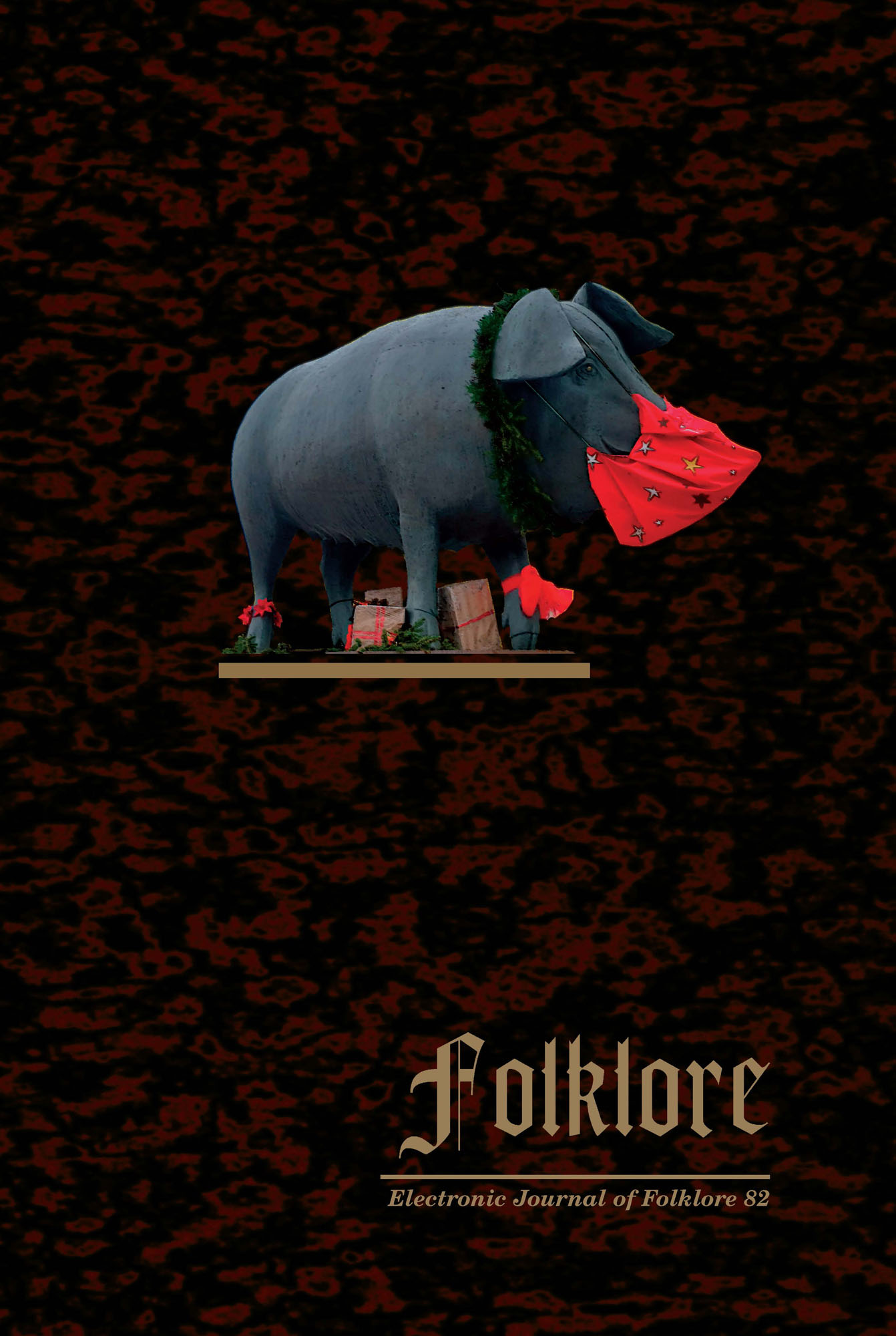Online Coping with the First Wave: Covid Humor and Rumor on Dutch Social Media (March – July 2020)
Online Coping with the First Wave: Covid Humor and Rumor on Dutch Social Media (March – July 2020)
Author(s): Theo MederSubject(s): Customs / Folklore, Media studies, Cultural Anthropology / Ethnology, Culture and social structure , Health and medicine and law
Published by: Eesti Kirjandusmuuseum
Keywords: conspiracy theories; corona; COVID-19; fake news; first wave; humor; jokes; legends; memes; pandemic; rumor; social media; virus;
Summary/Abstract: In the course of March 2020, the Netherlands, Flanders, and a large part of Europe were affected by the first wave of the COVID-19 virus. For four months, the population was in lockdown, and many issues had to be handled online. Social media became important to keep in touch with and to air opinions. Two folktale genres, namely the joke and the modern legend, were used to express frustrations, malicious pleasures, fears, and feelings of distrust. During the first wave, Theo Meder and Mathijs Kroon did some intensive collecting of jokes, memes, fake news, and conspiracy theories. It was expected by folktale researchers like Giselinde Kuipers and Theo Meder that, just like in former crises, jokes would contain plenty of morbid disaster humor, but that did not happen. Contemporary legends, on the other hand, were polarizing and toxic, and mistrust was mainly directed against the elite of politicians, scientists, doctors, and journalists. The corona crisis was seen as some kind of hoax in many ways, while most of the “sheeple” refused to wake up. The analysis of folktales during the pandemic provides an insight into the feelings and emotions in society.
Journal: Folklore: Electronic Journal of Folklore
- Issue Year: 2021
- Issue No: 82
- Page Range: 135-158
- Page Count: 24
- Language: English

